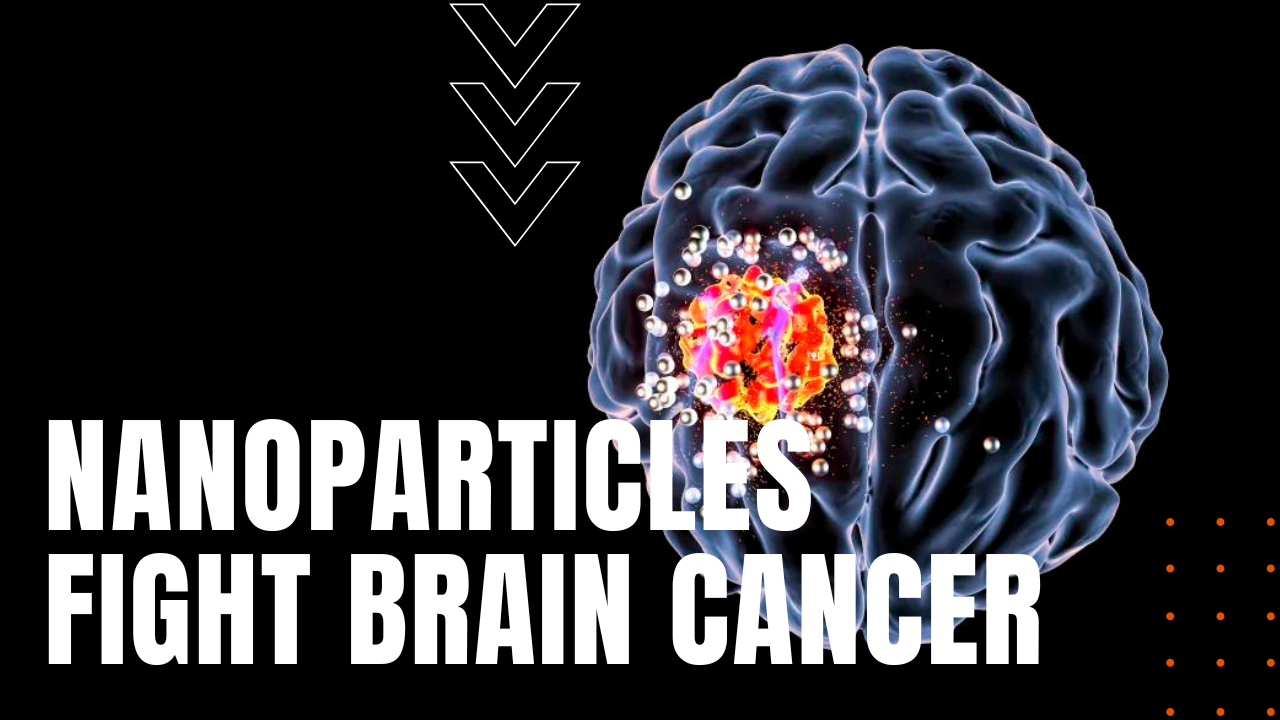Nanoparticles Fight Brain Cancer

One of the most aggressive cancers on the oncologic spectrum is Medulloblastoma, which sadly affects children more than adults. Medulloblastoma is a brain cancer that often begins as a tumor deep within the brain, which then spreads rapidly along two protective membranes known as the leptomeninges, which run throughout the central nervous system, including the brain itself and the cerebral spinal fluid pathway or CSF, which is the nervous system’s nutrient-delivering, shock absorbing mechanism, wherein CSF is produced in the bilateral ventricles of the brain, flowing downward to the lumbar cistern before flowing upwards again to different parts of the brain, before resorption into the dural venous sinuses.
Blood/Brain Barrier Challenge
Treating brain cancer of any kind is further challenged by the blood/brain barrier, which evolved in humans as a way to protect our brains from invasion by toxins, viruses and bacteria, which in the case of brain cancer patients, also blocks the delivery of chemotherapeutic agents. However, a breakthrough is underway at Yale School of Medicine, where lead researchers Drs. Mark Saltzman and Ranjit Bindra reported in the journal of Science Translational Medicine their study on treating mice with medulloblastoma, using custom designed drug-carrying nanoparticles made of biodegradable polymers, which slowly release a DNA repair inhibitor known as talazoparib—a drug proven to be effective on a number of solid tumors outside the brain—thereby limiting the tumor cell’s ability to repair their own DNA. Delivered by injection intrathecally or between the two leptomeninges membranes, the researchers recorded the presence of nanoparticles in the CSF upwards of 21 days after delivery, which is a remarkable hang time or latency in a physiologic system known for rapid fluid flow cycles.
A promising Future
In their study, Saltzman and Bindra also gave their mice an oral dose of a chemotherapy drug known as temozolomide, in a combined therapeutic approach designed to enhance synergistic tumor cell death while minimizing overall systemic toxicity, which resulted in a significant life extension over a control group of mice that only received a dose of oral temozolomide, making Yale’s work in nanoparticle drug delivery, a promising leap forward in the fight against cancer.
